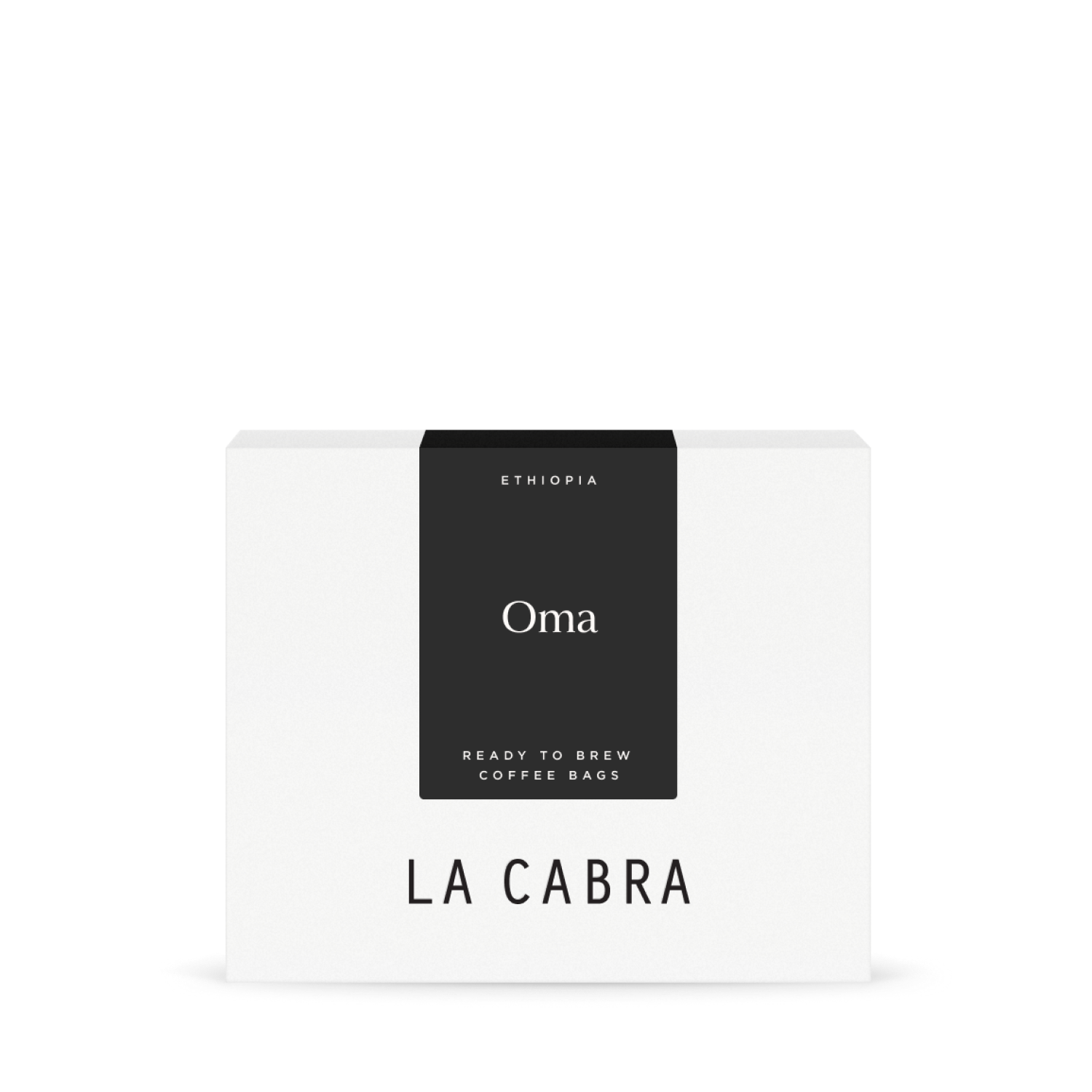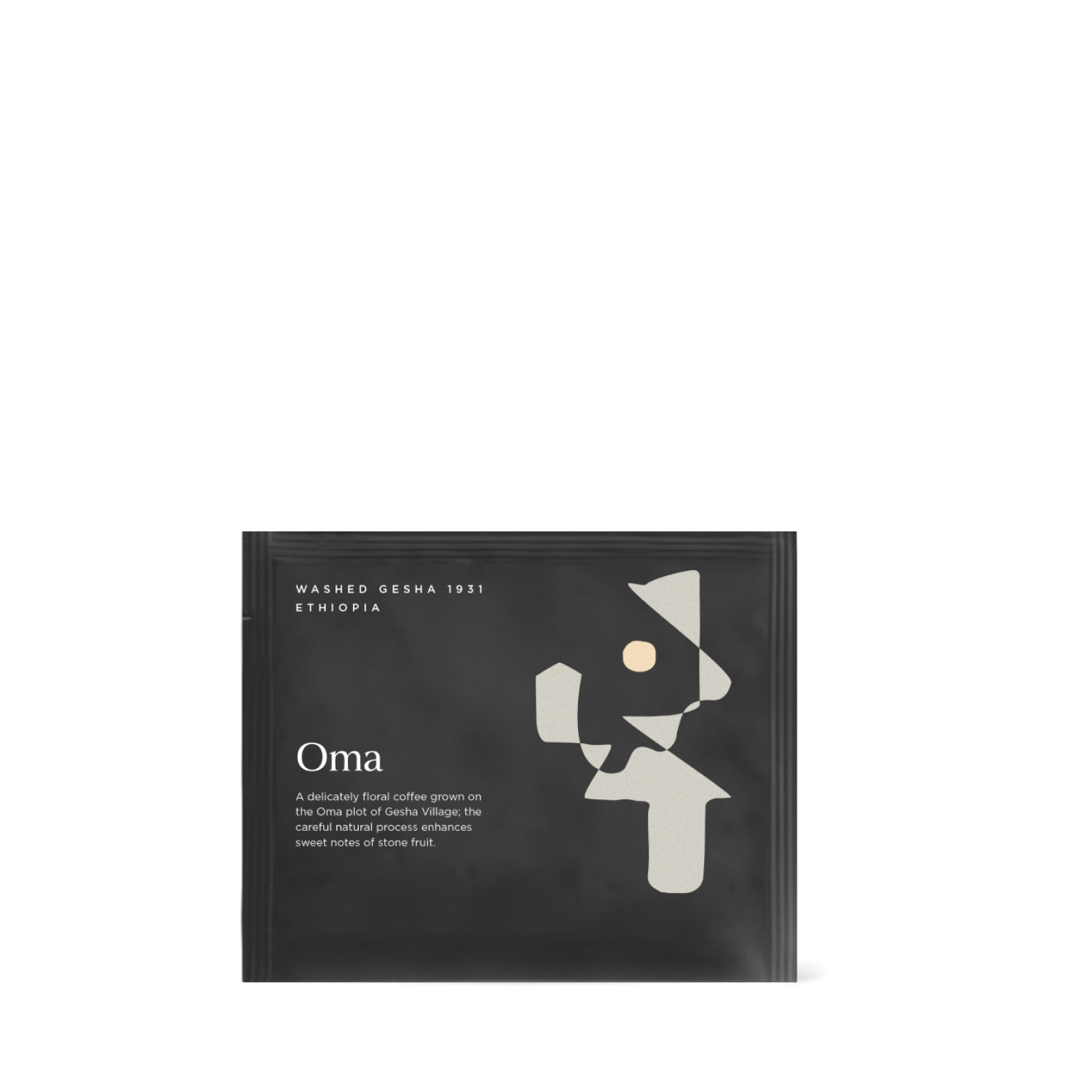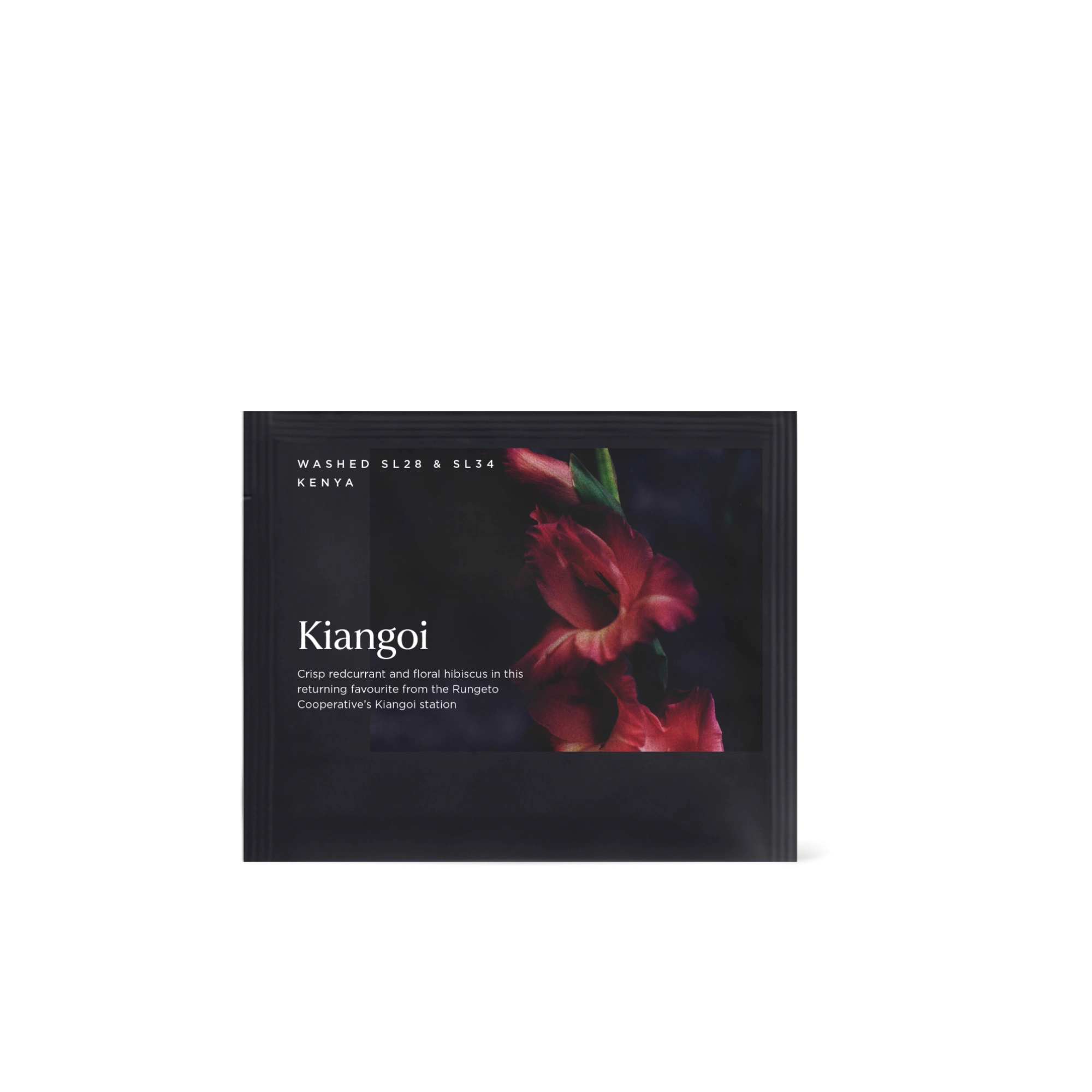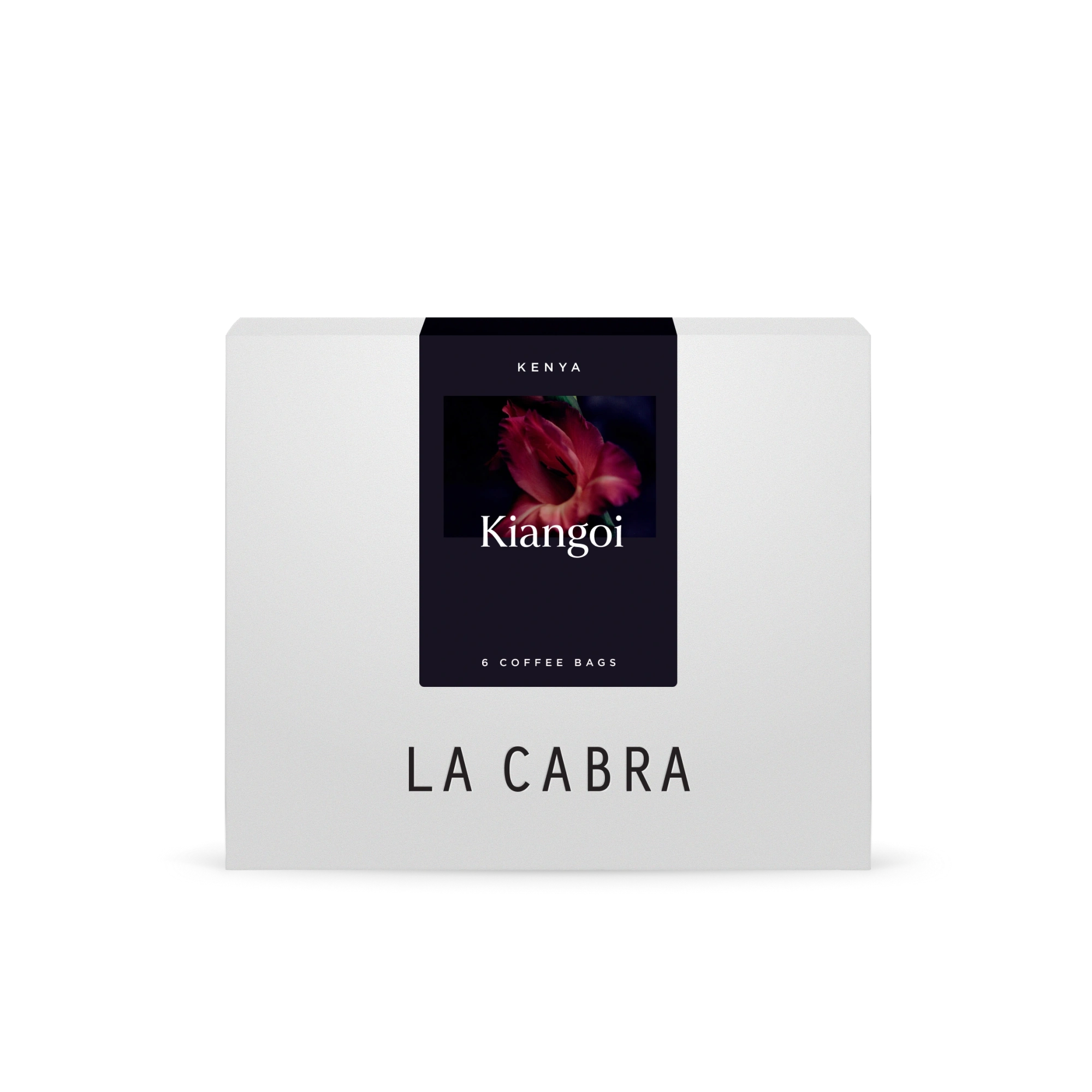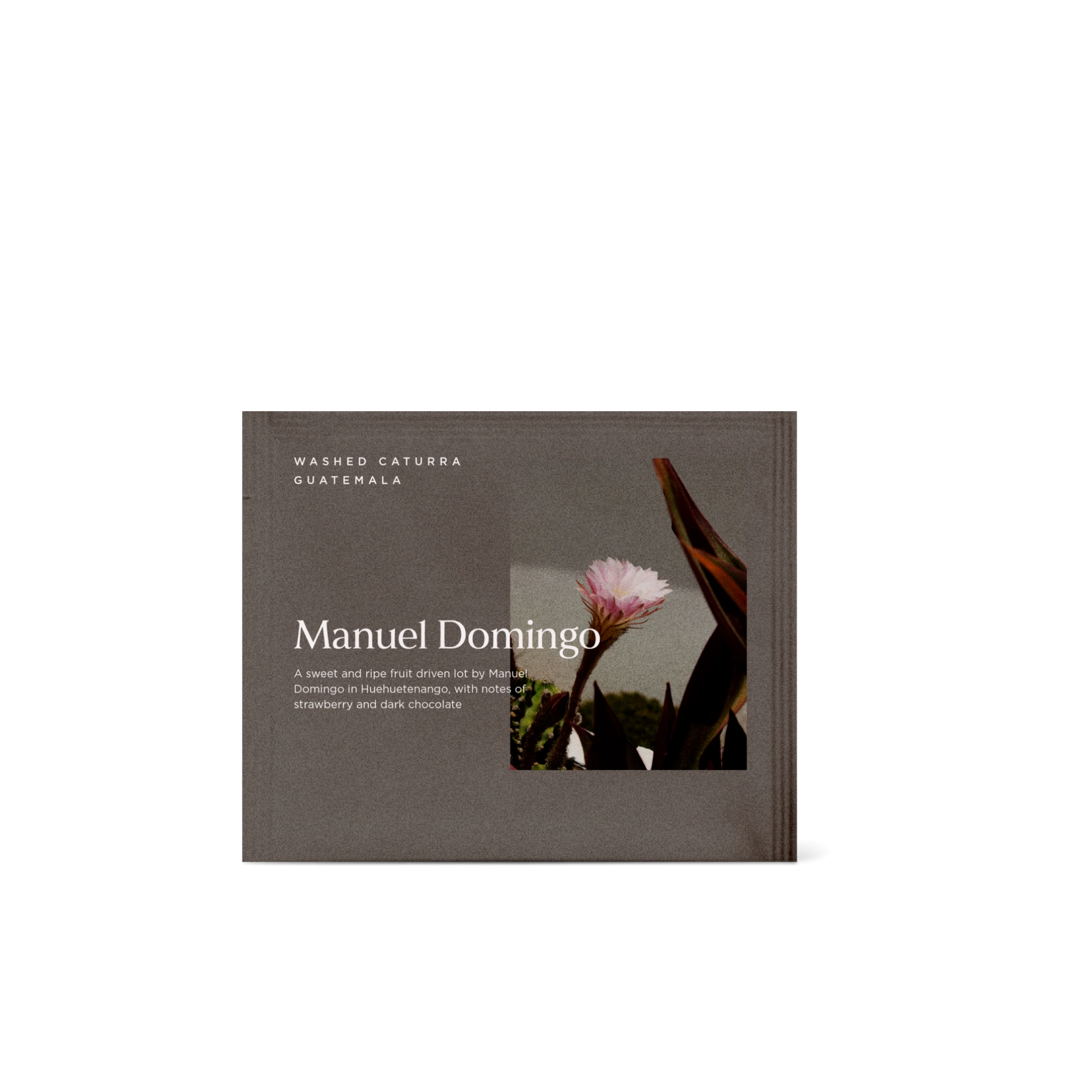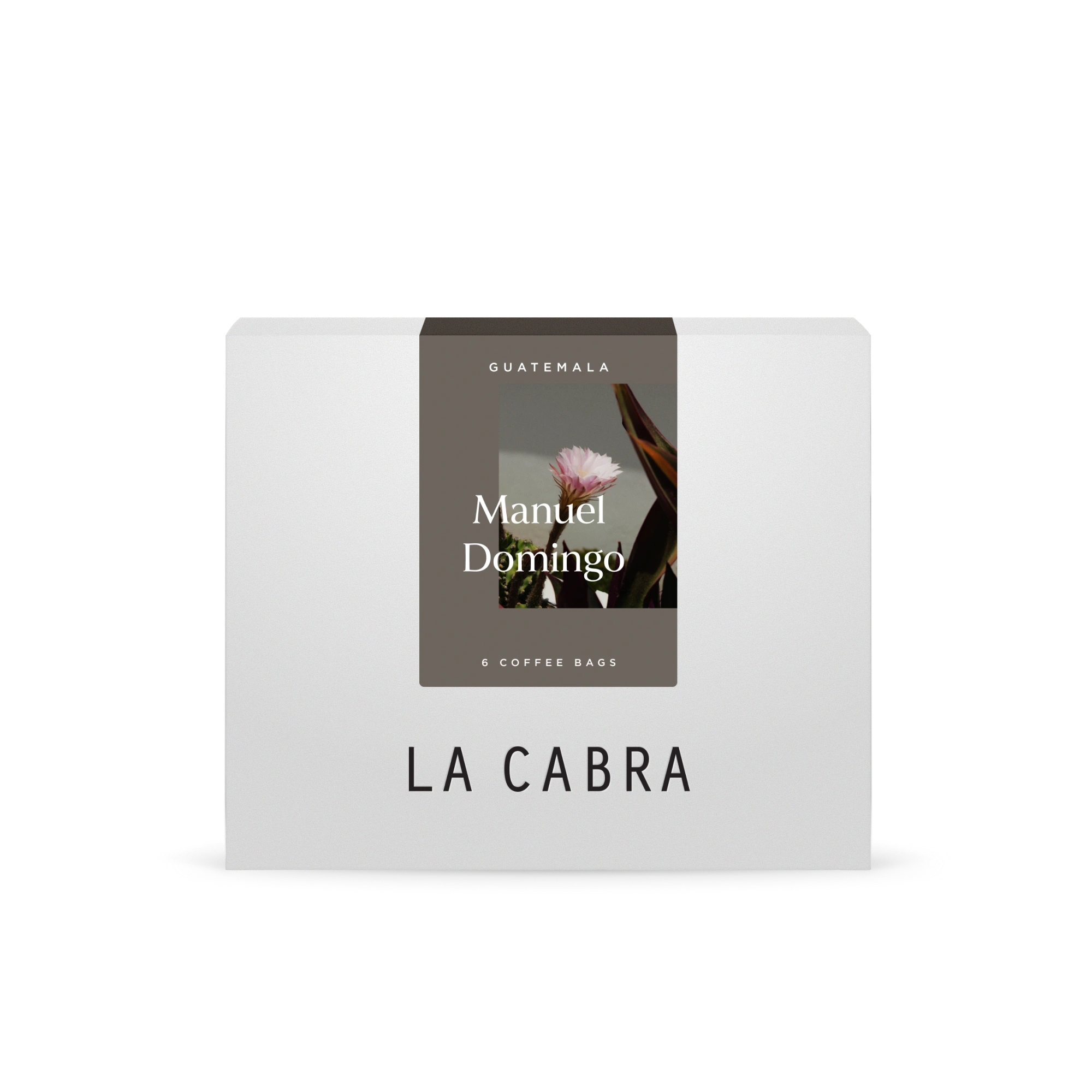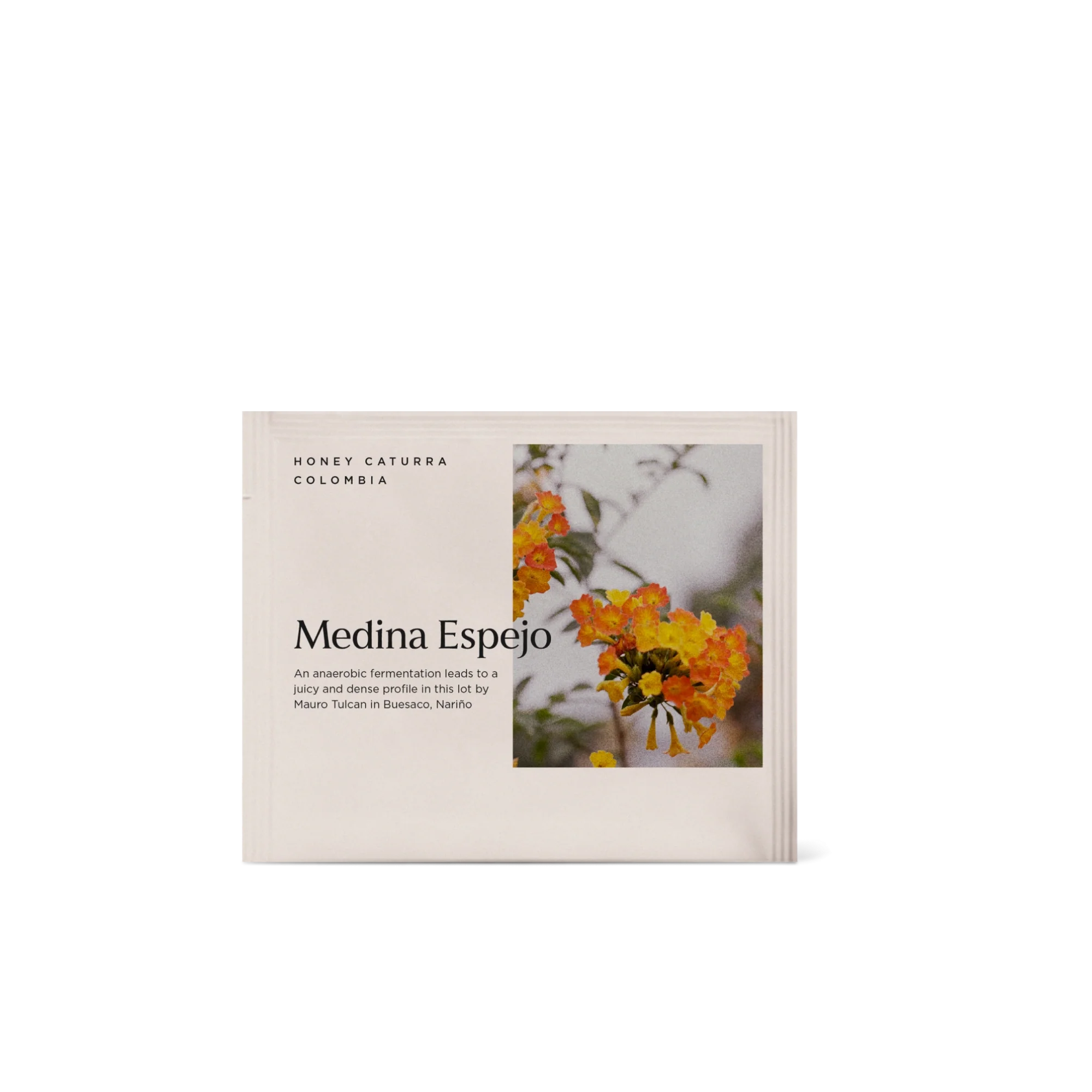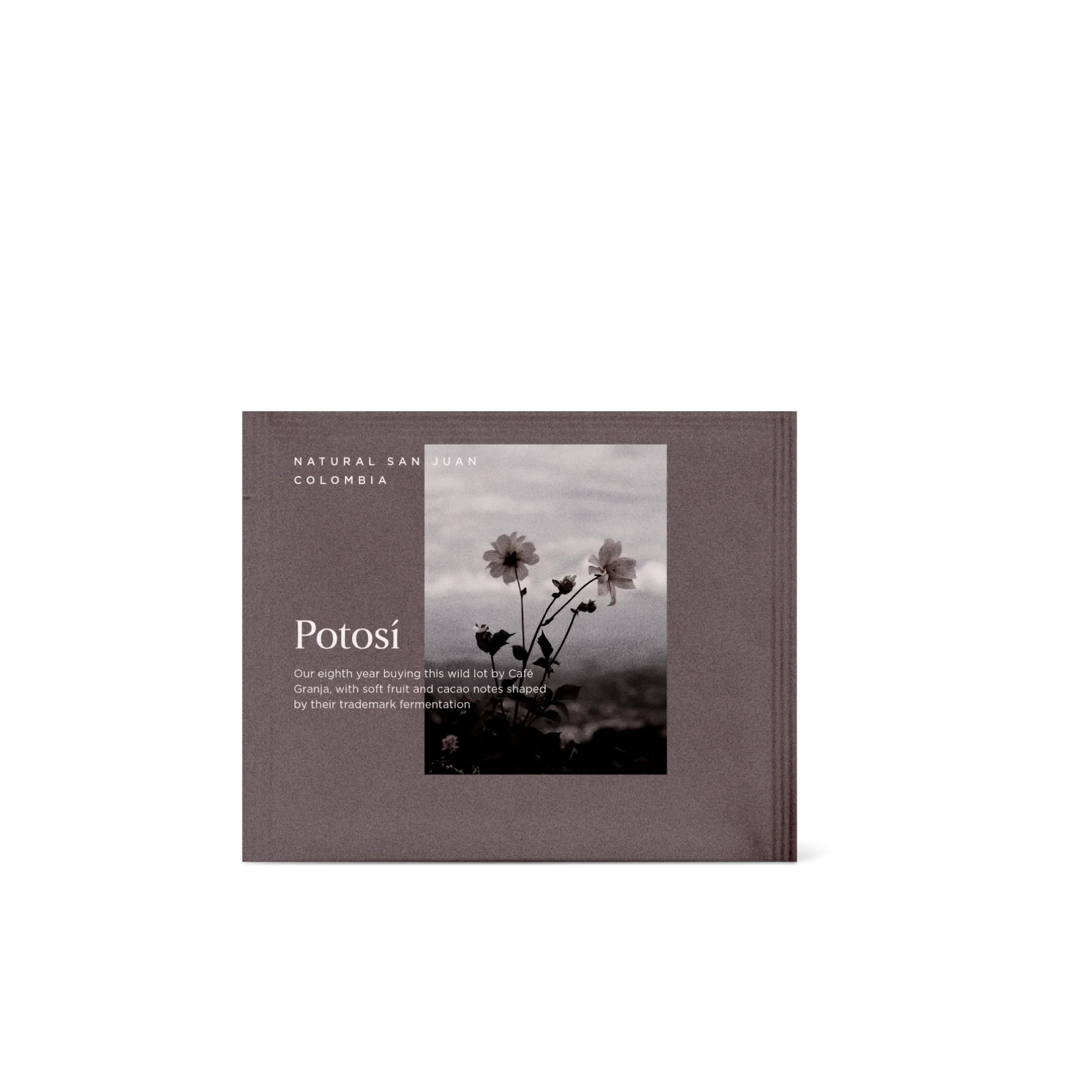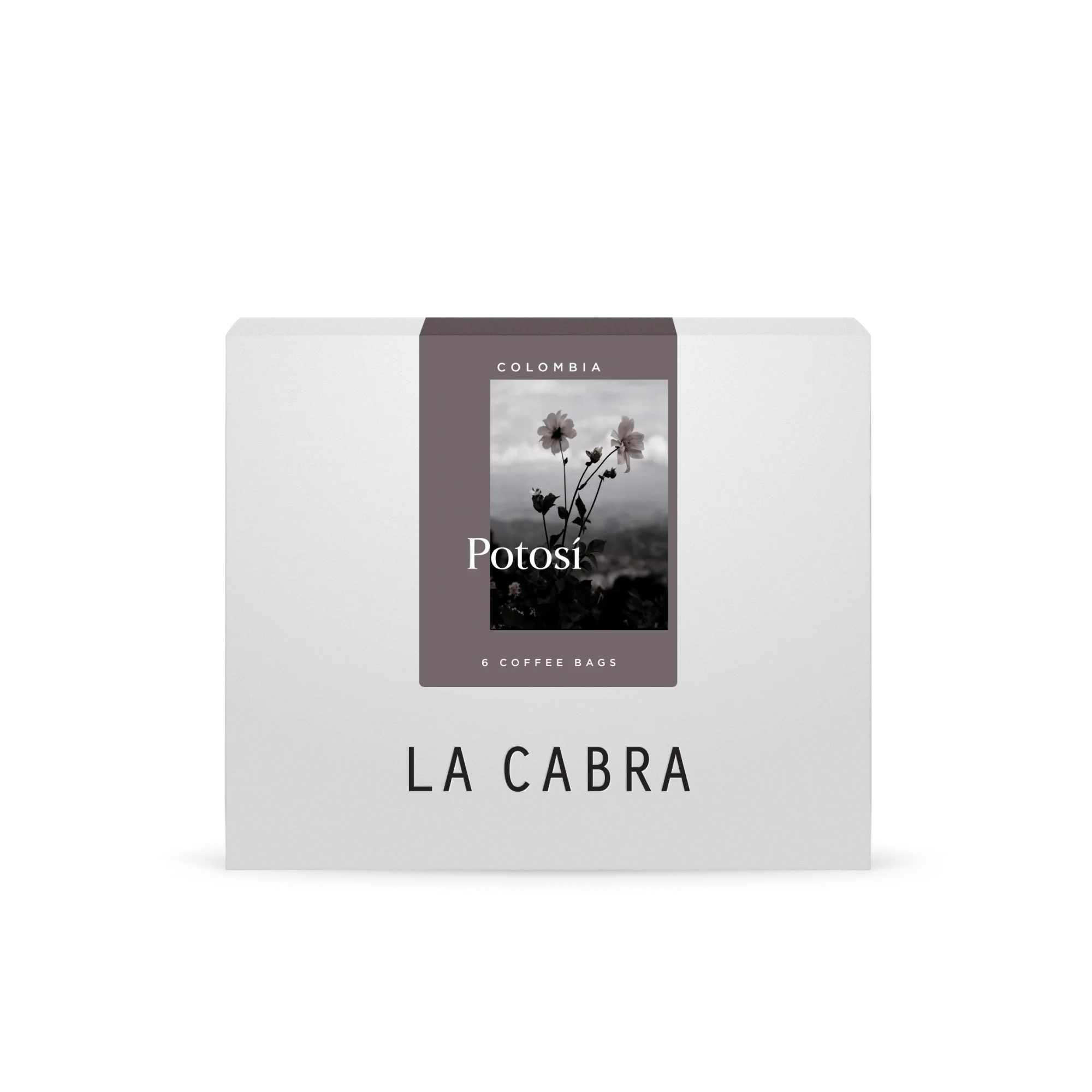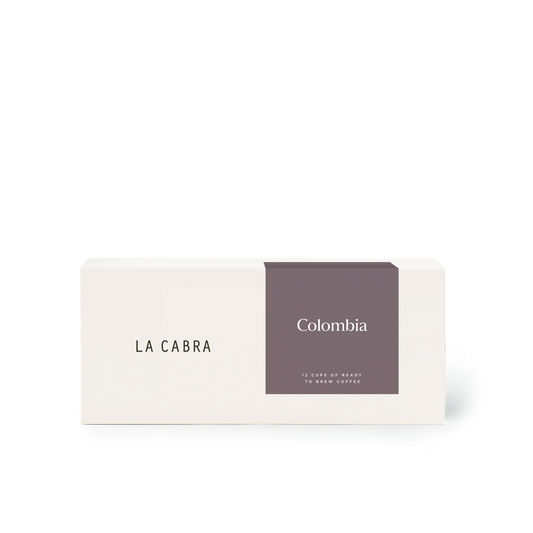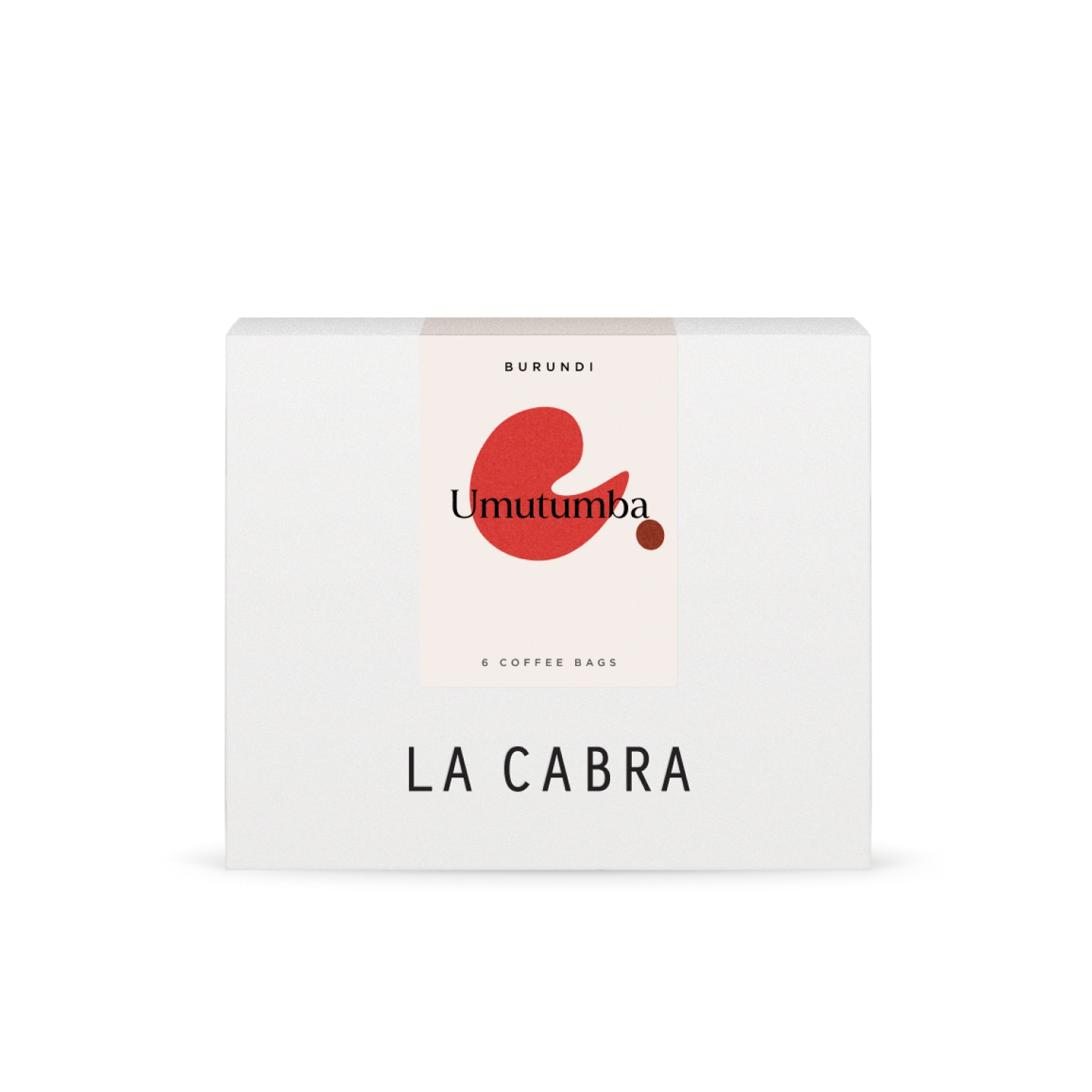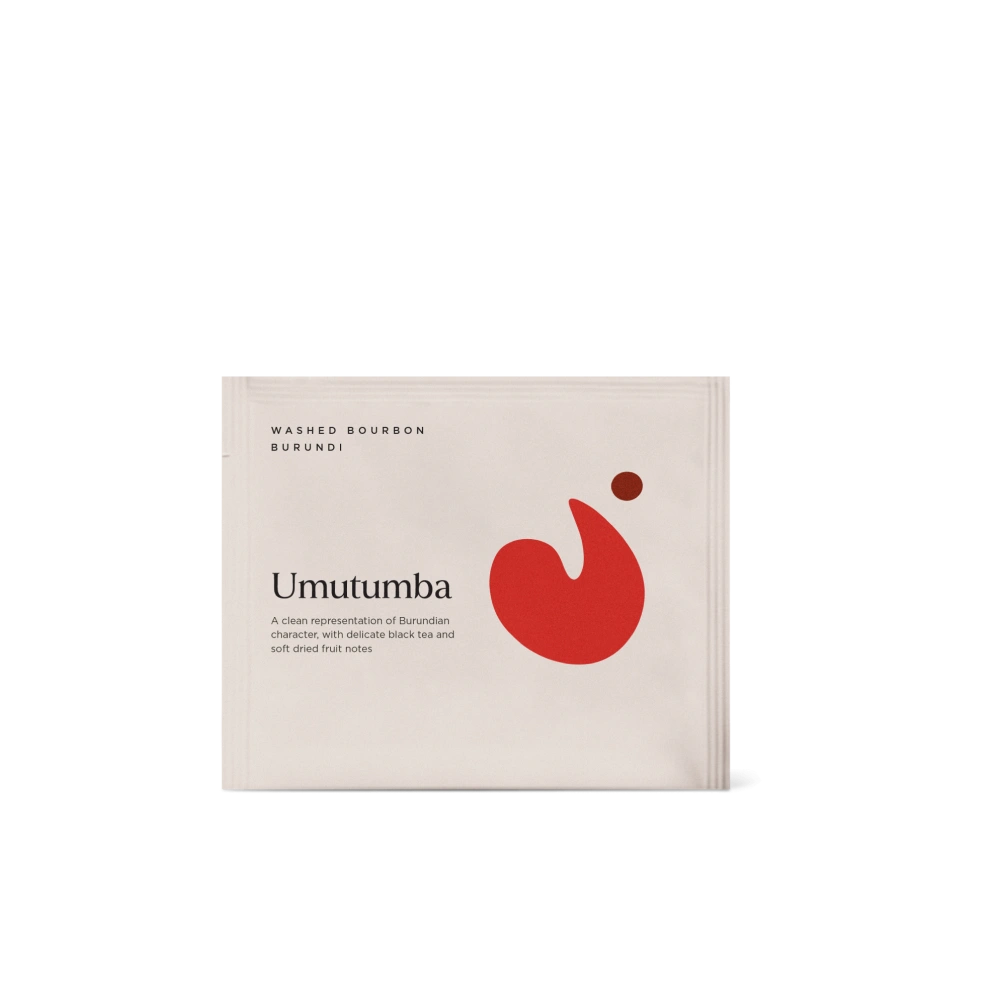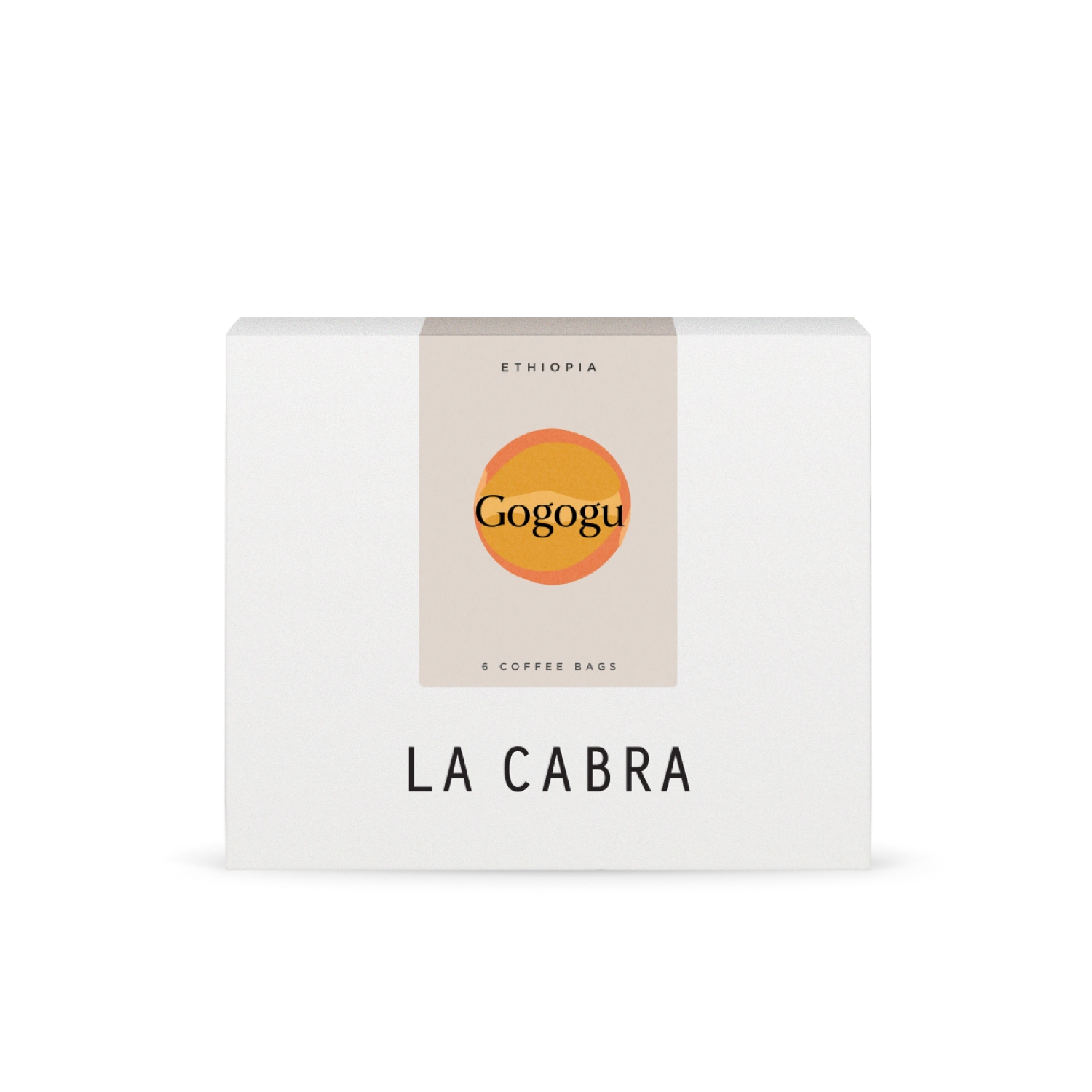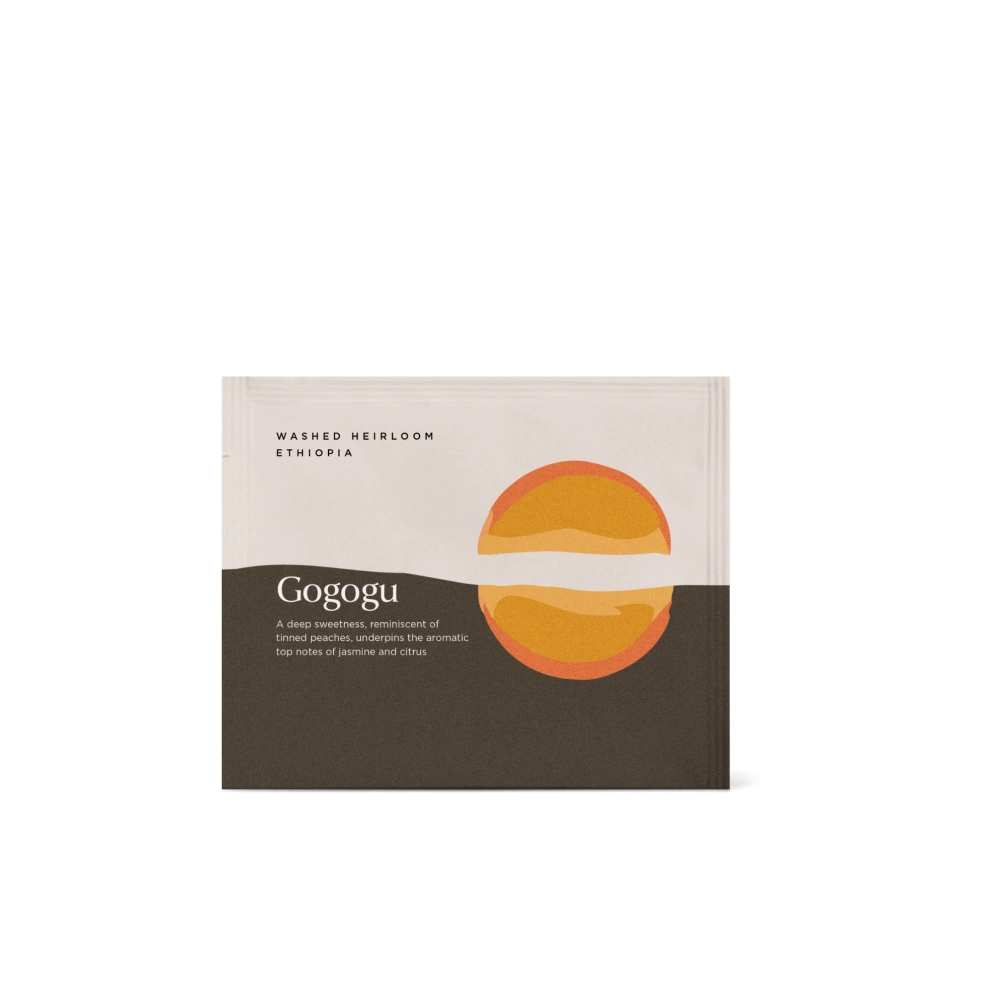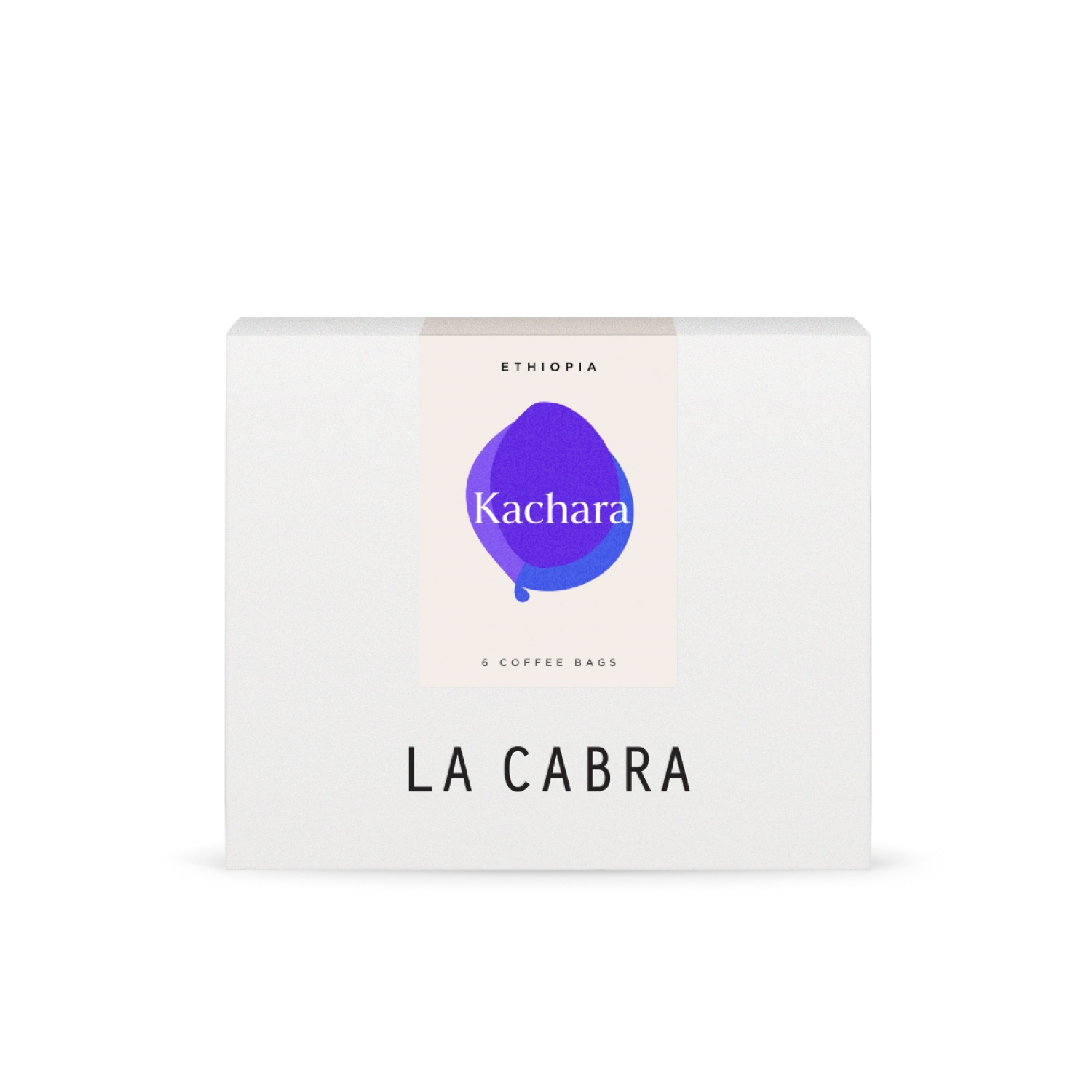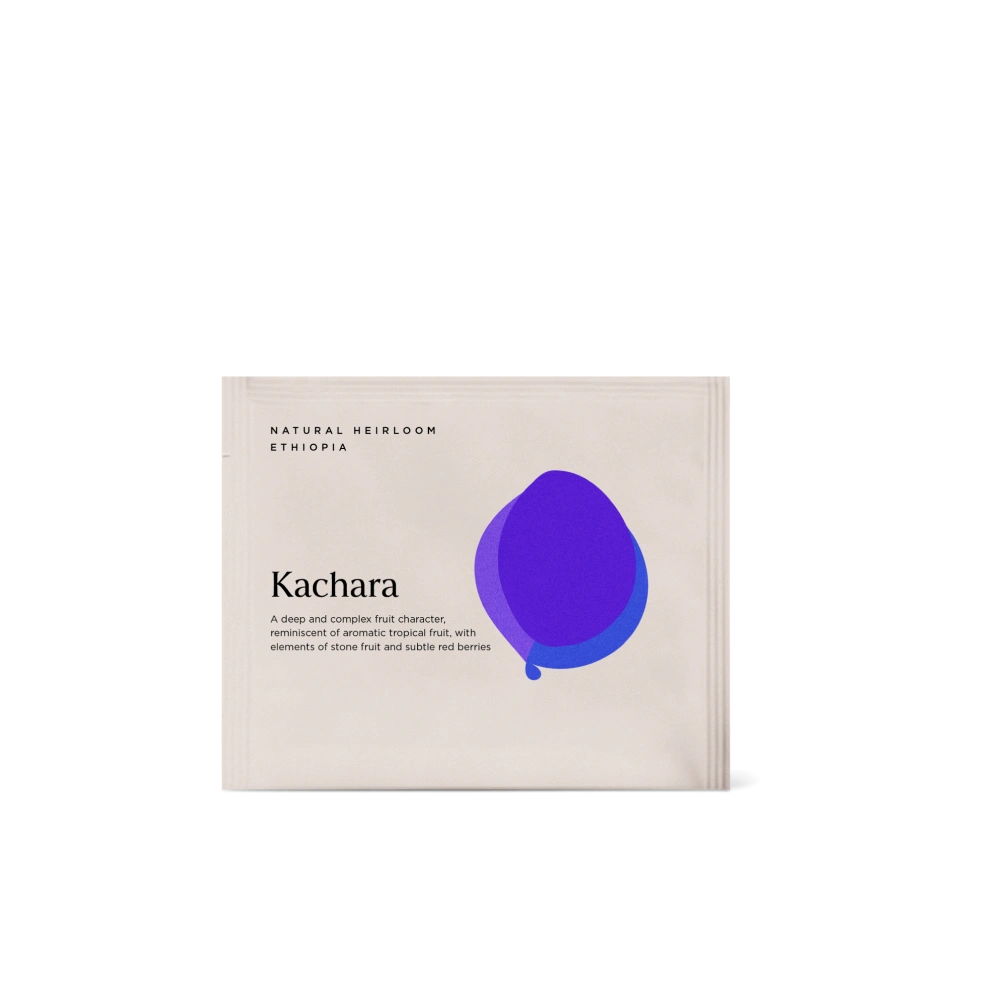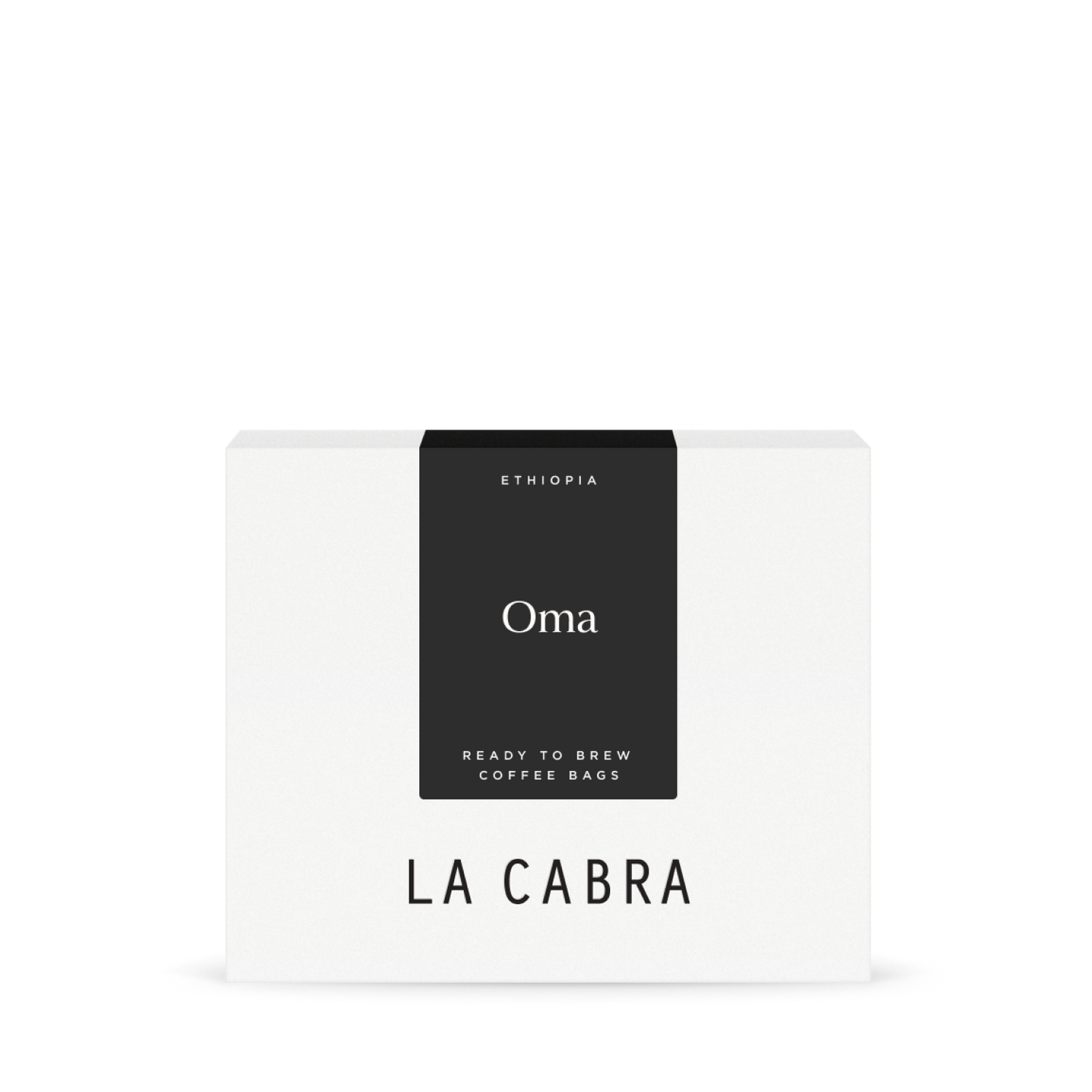
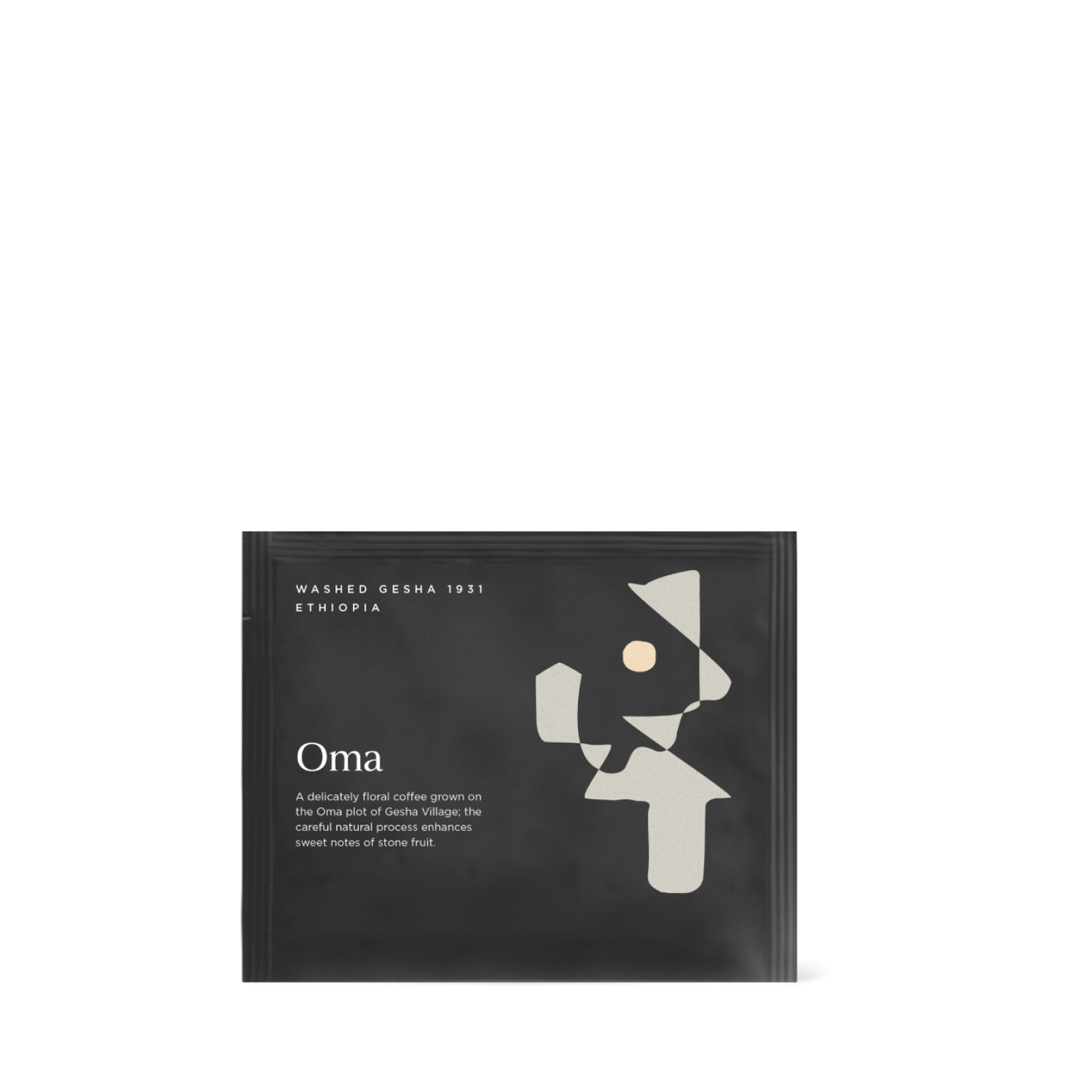
The technology behind
Just add filtered water to enjoy one of our picks of the season. These Steeped bags are a simple and elegant way to present a selection of the coffees we find most exciting, removing many brewing variables, and allowing quality and character to shine. Individual doses are ground and sealed in nitrogen-flushed packages, maintaining the clear aromatic character of freshly ground coffee, for over a year after roasting.

Gesha Village
Gesha Village lies in the Bench Maji zone of South Western Ethiopia, not far from the border with South Sudan. This area, in the high altitude humid forests where the Great Rift Valley passes into South Sudan, is thought to be the birthplace of Arabica coffee, and is still home to great genetic diversity. Here at Gesha Village however, one varietal sits in the spotlight; Geisha.
-1-v1738259540545.webp?8192x5462)
Adam Overton and Rachel Samuel first travelled to Ethiopia in 2007 to make a documentary about its unique method of coffee production, and fell in love with the country. They decided during that short trip that they would eventually move to the country to start producing coffee themselves. They found a 471 hectare plot of land in Bench Maji, further west than we normally find specialty coffee in Ethiopia, in a remote area of untouched high altitude forest. The wild forest remained as coffee was planted, maintaining as much as possible of the biodiversity so crucial to the Ethiopian mode of production, while also providing ample shade for the fragile Geisha trees.

This isn’t just any Geisha, however. Gesha Village is located only around 20 km from the Gori Gesha forest, where the hallowed varietal of the same name was first isolated by British researchers in 1931. When preparing Gesha Village, the team behind the project trekked into the forest and gathered seeds from the wild coffee trees growing there, selecting those that genetically resembled the original 1931 expedition Geisha.

Oma
This lot of Gesha 1931 was grown on the Oma plot of Gesha Village, reaching up to 2040 masl and producing some of the most aromatic coffees on the farm. The cherries were harvested at the end of January 2024, then dried in a careful natural process, using African raised beds. The coffee was dried in very thin layers for the first few days, in order to quickly reduce the moisture content so that almost no fermentation occurs on the beds. The layers are then slowly built up and the coffee is moved to dry under shade from day 10 onwards, slowing the overall drying time. This reduces the chance of damage to the coffee’s cell structure, meaning the coffee tastes its best for much longer after harvest, and is also one of the reasons why such a clean cup is maintained.

This incredible raw material, grown in its native wild forest, combined with careful processing, creates an intense yet clean and delicate flavour experience. Clear jasmine aromatics are followed by stone fruit in the cup, with a deep sugary sweetness tied up by a black tea finish.


